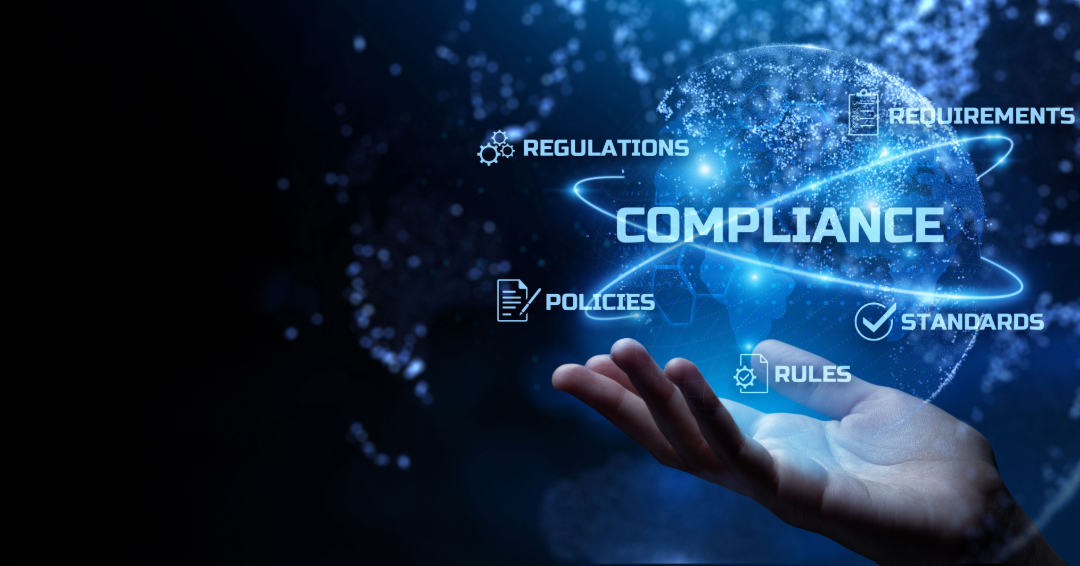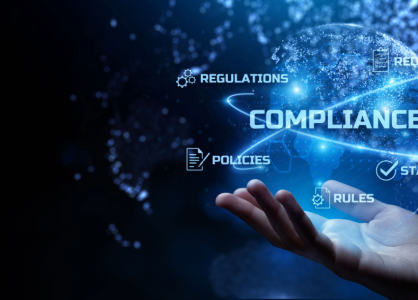In today’s interconnected world, businesses aiming to expand internationally must navigate a complex web of governance, compliance, and regulatory standards. Understanding these variations is crucial to mitigate legal risks and ensure seamless operations across borders.
Diverse Regulatory Frameworks: A Comparative Overview
Global compliance requirements differ significantly, influenced by cultural, economic, and legal factors unique to each region. Below are key regulatory frameworks that exemplify these differences:
United States: Sarbanes-Oxley Act (SOX)
Enacted in 2002 in response to corporate financial scandals, the Sarbanes-Oxley Act (SOX) aims to enhance corporate transparency and accountability. SOX mandates that public companies establish robust internal controls and reporting mechanisms to prevent financial misconduct. Compliance involves rigorous documentation and regular audits to ensure the integrity of financial data. Non-compliance can result in severe penalties, including fines and imprisonment for responsible executives.
European Union: General Data Protection Regulation (GDPR)
Implemented in 2018, the General Data Protection Regulation (GDPR) sets stringent guidelines for data privacy and protection within the European Union. GDPR grants individuals extensive rights over their personal data and imposes obligations on organizations to process data lawfully, transparently, and securely. Non-compliance can lead to substantial fines, reaching up to €20 million or 4% of the company’s global annual turnover, whichever is higher.
China: Cybersecurity Law
China’s Cybersecurity Law, effective since 2017, regulates how companies collect, store, and transfer data within the country. It requires that personal information and important data gathered or produced by critical information infrastructure operators within China be stored domestically. Transfers abroad are subject to security assessments, ensuring data sovereignty and protection.
Brazil: Lei Geral de Proteção de Dados (LGPD)
Brazil’s General Data Protection Law (LGPD), effective since 2020, mirrors many aspects of the GDPR. It emphasizes the protection of personal data and grants individuals rights concerning their information. Organizations must obtain explicit consent for data processing and ensure robust security measures are in place. Non-compliance can result in fines up to 2% of a company’s revenue in Brazil, capped at 50 million reais per violation.
Challenges in Navigating International Compliance
Expanding into multiple jurisdictions presents several challenges:
- Complexity of Regulations: Each country has its own set of laws, making it difficult to create a one-size-fits-all compliance strategy.
- Cultural and Language Barriers: Understanding and interpreting regulations require local expertise to navigate nuances effectively.
- Resource Allocation: Ensuring compliance across various regions demands significant investment in time, personnel, and technology.
MPG: Simplifying Global Governance Compliance
Managing international regulatory challenges requires a strategic approach. MPG specializes in assisting businesses to:
- Develop Comprehensive Compliance Programs: Tailored to meet the specific requirements of each jurisdiction.
- Conduct Regular Audits and Assessments: To identify potential compliance gaps and implement corrective actions promptly.
- Provide Training and Resources: Ensuring that employees understand and adhere to local regulations and corporate policies.
- Leverage Technology Solutions: Utilizing advanced tools to monitor compliance status and manage documentation efficiently.
By partnering with MPG, businesses can navigate the complexities of global governance with confidence, ensuring compliance and fostering trust with stakeholders worldwide.
In conclusion, as companies expand globally, understanding and adapting to diverse compliance and regulatory standards is imperative. Proactive management of these challenges not only mitigates legal risks but also enhances corporate reputation and operational efficiency.


I’m not that much of a online reader to
be honest but your sites really nice, keep it up! I’ll go ahead
and bookmark your site to come back down the road. Many thanks